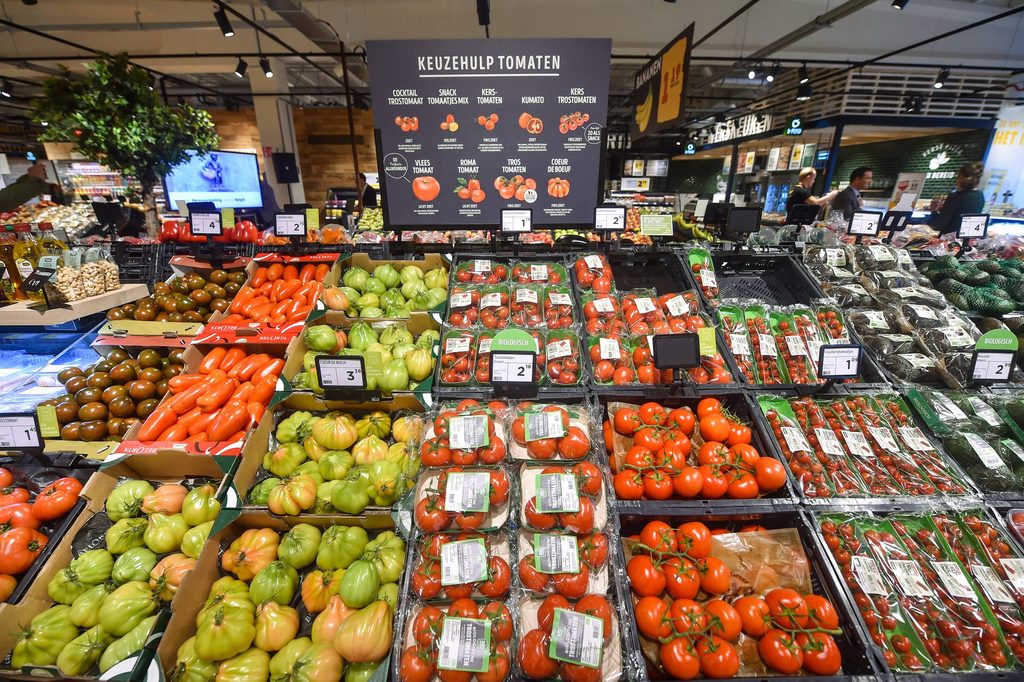The use of pesticides to safeguard fruits and vegetables from diseases, insects, and bacteria is commonplace in commercial farming. However, the residues of these pesticides seep into the crops and linger on their skins.
The choice and intensity of pesticide varies depending on the susceptibility of different crops, for instance softer-skinned produce like strawberries or spinach often requires more protection.
While removing the skin is not advisable due to its nutritional value most health professionals suggest consumers wash fruits and vegetables thoroughly before consumption. But Professor Pieter Spanoghe, a leading expert in crop protection at Ghent University, has recently stated that this practice may not be as effective as commonly believed.
Speaking to VRT News, Spanoghe explained that the common method of rinsing fruits and vegetables with water to reduce pesticide intake is misguided. Unlike a surface application, most pesticides enhance the crop's resilience from within, comparable to the way an ointment penetrates the skin.
If in doubt, buy organic
"Pesticides are not confined to the outer layer of our produce but extend to the inside as well," Spanoghe told VRT. Despite this, he reassures the public that there is no cause for alarm. Stringent regulations ensure the safety of raw products available in stores, eliminating the need for consumers to meticulously wash or scrub their purchases before consumption.
While pesticides may carry a negative stigma, Spanoghe emphasises that European authorities rigorously monitor and withdraw harmful substances from the market. He believes that the potential drawbacks of ingesting pesticides are outweighed by the numerous health benefits derived from consuming fruits and vegetables, which are rich in essential vitamins, fibre, and minerals.
Related News
- PFAS pollution in tap water: Brussels open to new 'overly-cautious' measures
- Glyphosate: EU allows use of controversial herbicide for another 10 years
- Belgium officially ends export of banned pesticides
For those determined to minimise pesticide exposure, Spanoghe suggests opting for organic produce. "No chemical crop protection products are used in this method," he said in the VRT interview. Even within non-organic alternatives, the expert stated there is no cause for undue concern.
Spanoghe does advise against abandoning the practice of washing vegetables altogether. While washing under running water can remove dust and dirt, it does not render fruits and vegetables entirely pesticide-free. The professor likens this to expecting plants to lose their protective coating after a heavy rain shower.
In essence, while washing vegetables is recommended for hygiene purposes, it should not be viewed as a foolproof method to eliminate pesticides.

